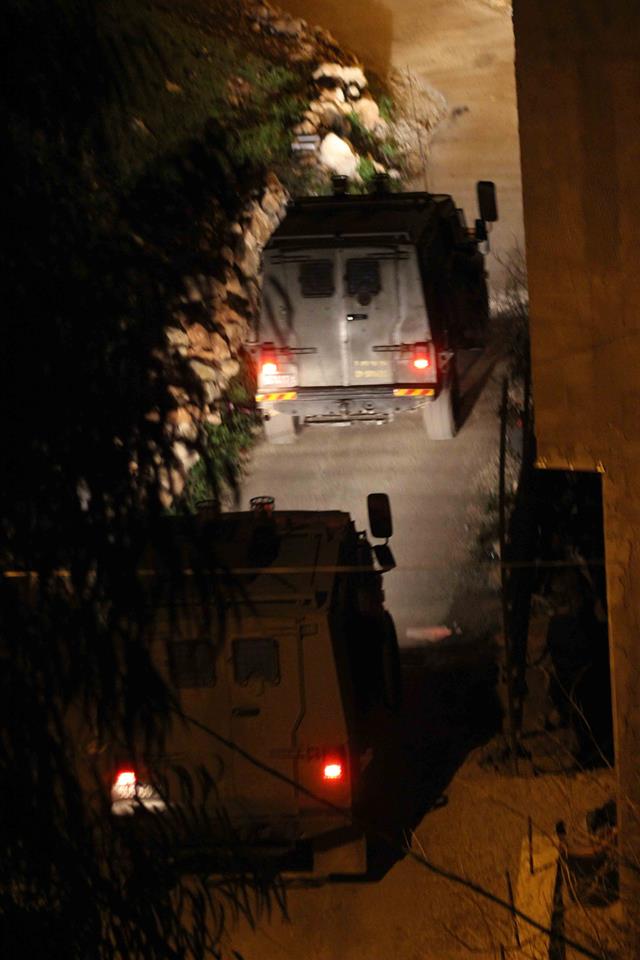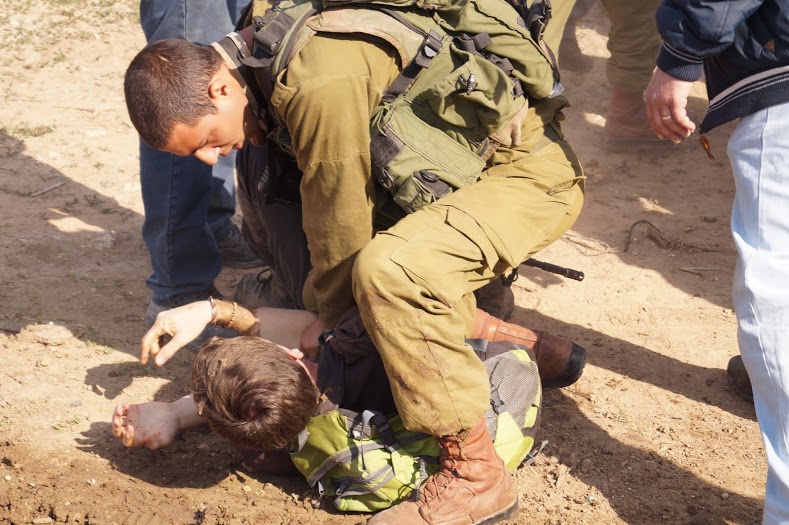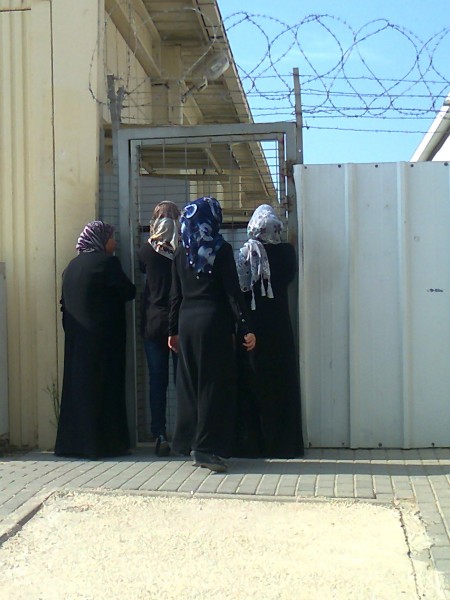Tag: Arrests
-
Night raid and arrests in Kafr Qaddum
20th February 2014 | International Solidarity Movement, Nablus Team | Kafr Qaddum, Occupied Palestine On Thursday the 20th of February, the violent arrests of seven villagers occurred early in the morning in the village of Kafr Qaddum. Four of those arrested, including the coordinator of the weekly demonstration, were released after six hours. The three…
-
Crackdown on international human rights activists in Palestine: arrests, deportations, and abuse
31st January 2014 | International Solidarity Movement | Occupied Palestine With the arrest of two international human rights activists at Salem Military Court, in Jenin district, on Wednesday 29th January 2014, the total number of arrests of activists in the past month has risen to five, and the number of deportations to four. Arrested activists…
-
Two international activists arrested on visit to military court
29th January 2014 | International Solidarity Movement | Occupied Palestine On Wednesday 29th January, 2014, two international human rights activists were arrested at Salem Military Court, in Jenin district. The activists, Norwegian and Canadian, were at the court to attend a hearing for Ahmad Atatreh, a 20-year-old Palestinian activist who had been arrested ten days…



